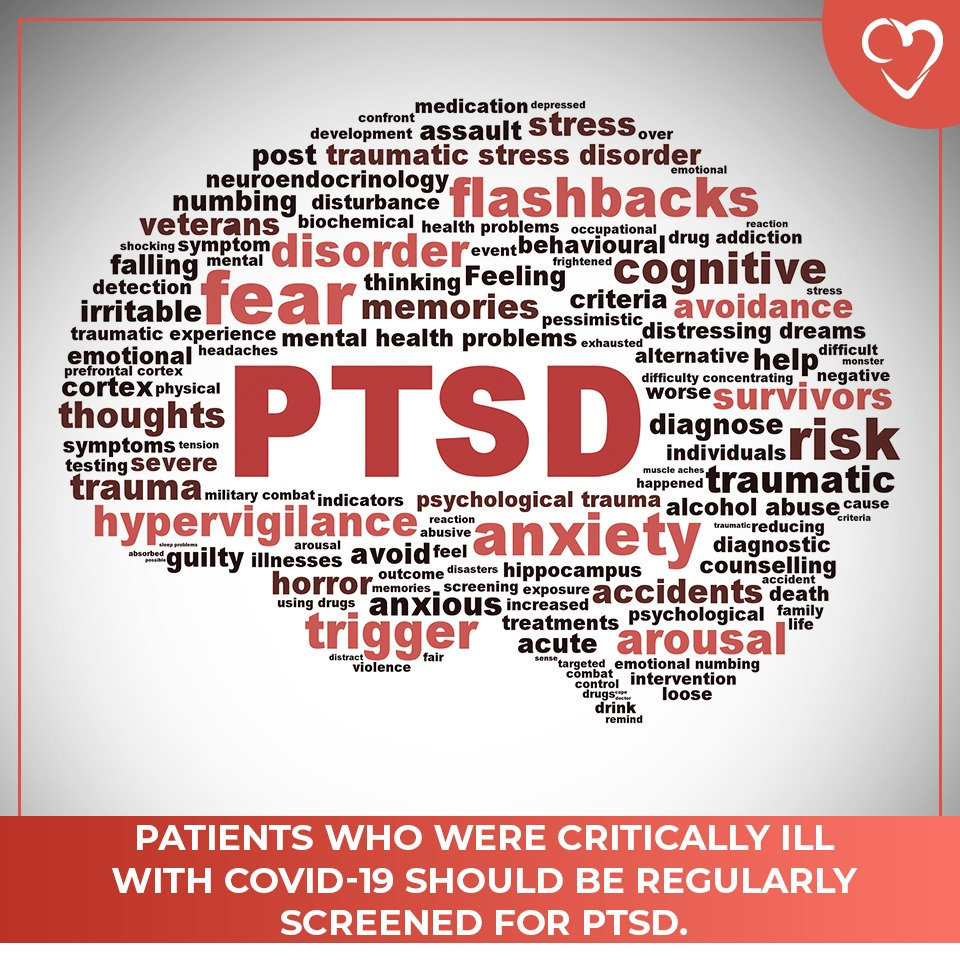
Although there are limited studies regarding COVID-19 and post-traumatic stress disorder (PTSD), recent articles have been published noting that PTSD may very well be a lasting consequence of the disease. Those who contracted the disease have been isolated, whether it be at home or in the hospital, due to visitation and travel restrictions in place. The BBC reports that the Covid Trauma Response Working Group, led by University College London, notes that PTSD is more prevalent in those who have been admitted to the intensive care unit. In this article, one patient recalls the suffering and agony of other patients and the frightening sight of staff in their personal protective equipment. These mental consequences come in addition to the physical ones. The same patient reports insomnia and recurrent flashbacks. Similar symptoms have been reported by patients around the globe.
Previous infectious outbreaks and traumatic events have given us insight into the impact COVID-19 may have on global mental health. This study, conducted by the International Journal of Social Psychiatry, recommends that mental health support and follow-up for vulnerable individuals should be provided even after 6 months post-isolation. Former data also shows that the prevalence of mental health conditions after an outbreak is bound to increase. In addition to further research, community support systems and interventions will help curtail the increase of PTSD symptoms amongst patients who suffered from COVID-19. The National Center for PTSD has created a free mobile app, COVID coach, with the goal of helping individuals manage their well-being during the pandemic.
Anyone can develop PTSD at any age. Those who experience an intense or long-lasting traumatic event are at a greater risk for developing this condition. It is imperative to recognize and healthfully cope with the symptoms of PTSD. The Anxiety and Depression Association of America lists the symptoms of PTSD here. Various online resources are readily available.